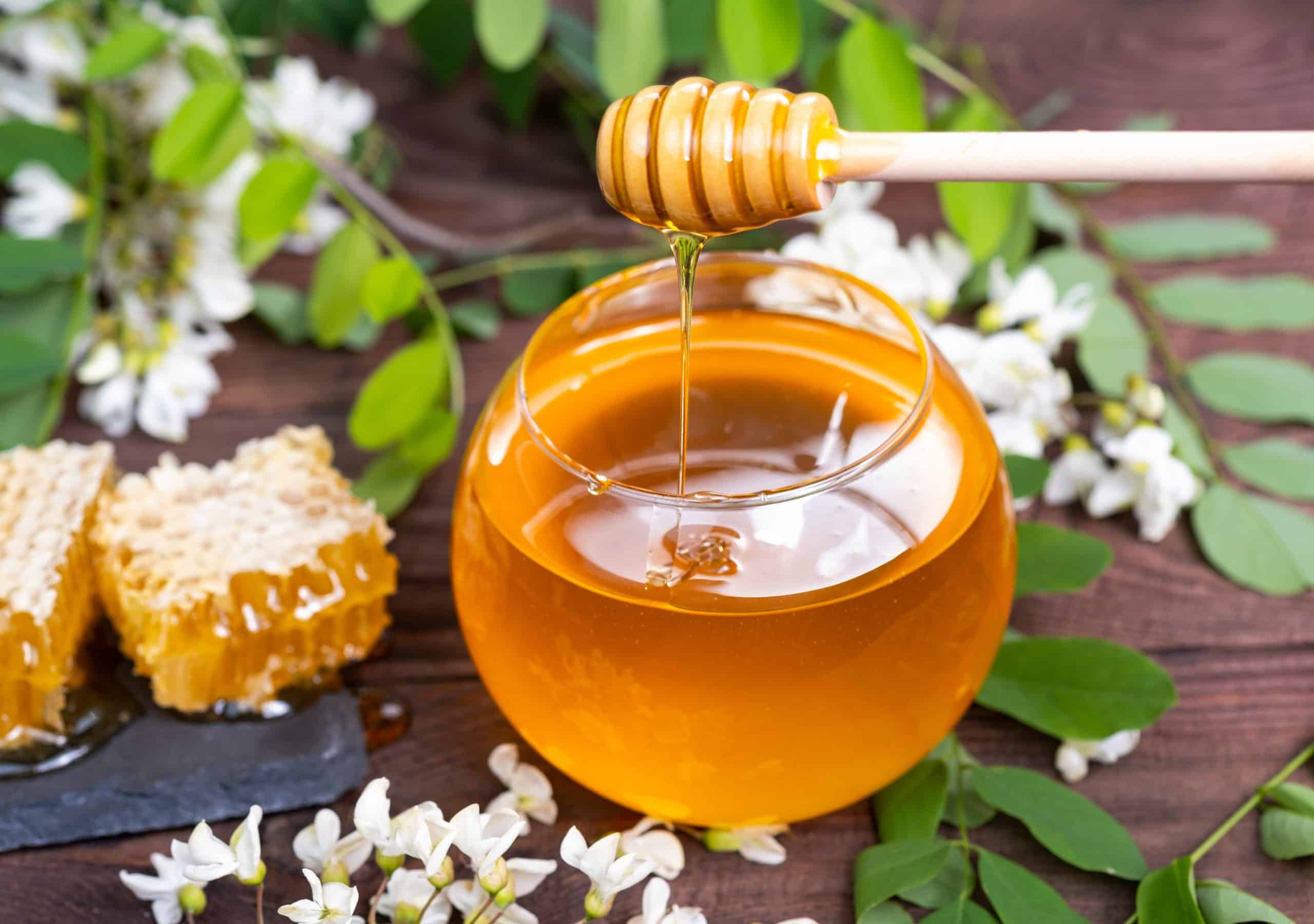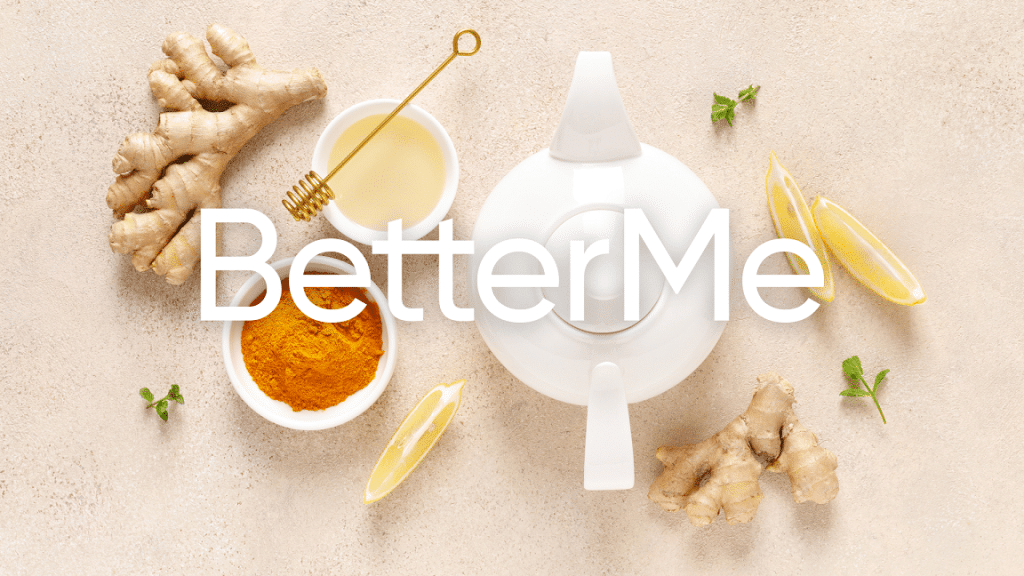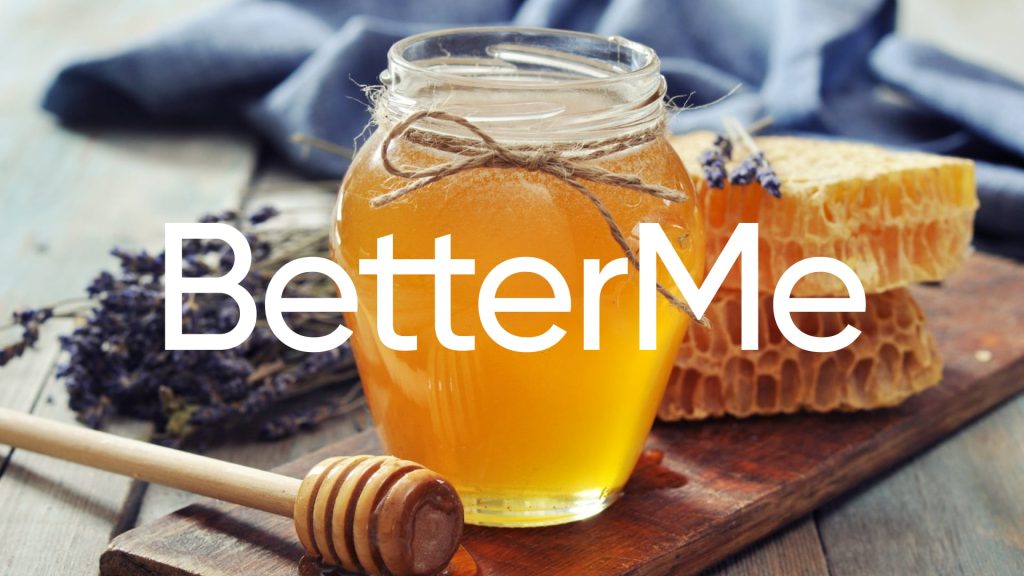Regular sugar gets a bad score for its lack of nutrition, negative health effects, and the fact that it is an “empty calorie” food. You may wonder how you can satisfy your sweet tooth when you’re facing a bland, sugar-less diet. Nature has the perfect solution for you – raw, organic, acacia honey.
Acacia honey is produced from the nectar of flowers on the Robinia pseudoacacia tree, commonly known as the Black Locust tree (19). It is known for its sweet and distinct flavor, with some describing it as having a mild floral aroma with hints of vanilla and a slight citrusy aftertaste.
But what makes it stand out from other types of honey is its content of beneficial antioxidants, minerals, and vitamins.
Here are 6 amazing benefits of acacia honey that make it a superfood:
1. Rich in Antioxidants
Antioxidants are essentially the key to keeping cellular damage at bay. (They are molecules which inhibit oxidation, a process that can cause cell damage when left unchecked) (8).
Acacia honey is an excellent source of antioxidants. It contains polyphenols, flavonoids, and phenolic acids which are all powerful antioxidants that help protect against cellular damage caused by free radicals (4) (25).
In layman’s terms, replacing regular sugar with acacia honey in your diet can help prevent diseases such as cancer, diabetes, and heart disease (5).
This is not to say that acacia honey has healing properties, but it can certainly contribute to a healthier lifestyle by providing vital antioxidants and other compounds that are beneficial for your health.
Read More: 5 Top Meal Planning Benefits That Everyone Should Know
2. High Mineral Content
Acacia honey is also highly nutritious and contains several essential minerals. It contains calcium, magnesium, potassium, iron, sulfur, manganese, and zinc. These minerals perform various bodily functions, including:
- Calcium helps build strong bones and teeth (18).
- Magnesium supports nerve function, muscle relaxation, and healthy blood pressure levels (16).
- Potassium helps to regulate fluid balance, nerve impulses, and heart rate (23).
- Iron carries oxygen throughout the body (21).
- Manganese helps support bone health and the metabolic process of turning food into energy (17).
- Zinc helps support a healthy immune system and assists in wound healing (26).
Together, these minerals promote overall health and well-being.
3. Natural Sweetener with Low Glycemic Index
The glycemic index is a measure of how quickly a food raises blood sugar levels when consumed (9).
Foods with a high glycemic index cause a rapid spike in blood glucose levels, which can result in an energy crash in the short term, and more serious health problems in the long term (9).
Acacia honey has a lower glycemic index than regular sugar, meaning it does not cause a rapid spike in blood sugar levels. This makes it a great alternative to regular sugar for those who are on a low glycemic diet, or for anyone looking to control their blood sugar levels.
Note that honey’s beneficial effect on blood sugar comes down to its effects on adiponectin. Adiponectin is the hormone that helps regulate the metabolism of glucose in your body (2). By increasing its levels, acacia honey can help control blood sugar levels naturally.
Furthermore, the antioxidant content of acacia honey helps reduce the risk of metabolic syndrome, a condition that can lead to type 2 diabetes (11).
4. Natural Cough Suppressant
Honey has been traditionally used as a natural remedy for coughing and sore throats since ancient times (24). The mechanism behind this is that honey helps coat the throat and soothe irritation caused by coughing.
Moreover, research has also shown that when compared to common cough suppressants, honey may be more effective in reducing the frequency of coughing at night. It has fewer side effects and it is less likely to disrupt sleep (13).
Yanking yourself back in shape has never been so easy with our game-changing fitness app! Start transforming your life with BetterMe!
5. Powerful Prebiotic
Prebiotics are non-digestible carbohydrates that act as food for beneficial bacteria in the gut. This can help maintain a healthy balance of bacteria, which is essential for overall health and well-being (20).
Acacia honey is a great source of prebiotics, particularly due to its high levels of fructose oligosaccharides (FOS) (6). FOS are the prebiotics that feed beneficial bacteria in the gut, helping to reduce inflammation and improve digestion (20).
6. Antibacterial Properties
Honey contains hydrogen peroxide, a compound that has antibacterial properties (10). This helps to reduce the risk of infection, and studies have also shown that it can even help to reduce the severity of wounds when applied topically (15).
7. Immune System Booster
The combination of antioxidants and anti-bacterial compounds found in acacia honey makes it an excellent choice for boosting the immune system. The antioxidants help protect against cellular damage, while the antibacterial compounds help to protect against infection (12).
8. Acne Treatment and Prevention
Acne is a common skin condition caused by inflammation of the skin (1). Studies have shown that honey has anti-inflammatory properties, and as such can be used to reduce the severity of acne and help promote clear skin (3).
By reducing inflammation, honey can help to reduce the appearance of pimples and other blemishes. It can also help to promote a healthy and balanced skin microbiome, preventing the overgrowth of bacteria that cause pimples.
Honey has some moisturizing benefits too, which can help to reduce dryness and flakiness in the skin. By creating this protective barrier, honey can help to protect the skin from further damage (14).
9. Good for Heart Health
Heart disease has many causes, the common one being high cholesterol. Dietary changes can help to reduce the risk of heart disease, and consuming acacia honey is a great way to do this.
The antioxidants and anti-inflammatory compounds found in honey help to reduce the risk of atherosclerosis. It also helps to reduce LDL cholesterol, and increase HDL cholesterol, both of which are important for protecting against heart disease (22).
Raw honey contains propolis, a resin-like substance made by bees. Propolis has anti-inflammatory properties, which can help to reduce the risk of heart disease. Propolis may also help improve cholesterol and triglyceride levels in the body (7).
Read More: Benefits Of Celery Juice: 6 Reasons Why Drinking This Veggie Elixir Is A Good Idea
Safety and Side Effects
Acacia honey is generally safe for consumption, though it should be noted that it may contain small amounts of bee pollen, which can cause an allergic reaction in some people.
It is also important to note that honey should not be given to infants under one year of age, as it may contain botulism spores which can cause serious illness.
Finally, honey should not be used to replace any prescribed medications. It is best to speak with a healthcare professional before using honey as a medicinal remedy.
How to Get the Most Out of Acacia Honey
The health benefits we’ve discussed above will only be realized if acacia honey is used in the right way.
Buy Raw, Organic Acacia Honey
Raw honey is the best type of acacia honey to consume for health benefits. This is because it has not been processed or heated, so it still contains a large number of beneficial enzymes and nutrients.
It’s also important to choose organic acacia honey, as this will be free from pesticides and other contaminants. Organic honey is more expensive, but it will provide the most nutrients and health benefits.
Know the Appearance of Acacia Honey
Acacia honey is usually light in color, but it can range from almost clear to a deep amber. It should not have any crystals, lumps, or other particles in it. You should also look for a creamy texture, which indicates that it has not been overheated or processed.
Betterme will keep you laser-focused on your weight loss journey! Nutrient-packed meal plans, fat-blasting workouts, galvanizing challenges and much more. Try using the app and see for yourself!
Choose a Reputable Vendor
When buying acacia honey, it’s important to choose a reputable vendor. This will ensure that you’re getting high-quality and unadulterated honey. Reputable vendors should be able to provide information about the source of their honey and its authenticity.
Reviews are also an excellent way to check the quality of honey, as well as the vendor’s reputation. If there are numerous negative reviews, it is best to find another vendor.
Eat Acacia Honey in Moderation
While acacia honey is healthy and has many beneficial properties, it should still be consumed in moderation. That’s because it has a fairly high sugar content, and eating too much honey can lead to weight gain.
Try to limit your intake to one or two teaspoons daily, and incorporate it into a balanced diet for best results.
How to Use Acacia Honey
There are many ways to incorporate acacia honey into your diet. Below are some ideas:
- Add it to oatmeal, yogurt, or smoothies
- Mix it into a salad dressing
- Use it in baking
- Add it to tea or coffee
- Drizzle it over fruit, toast, or pancakes
- Use it as a sweetener in marinades or sauces
- Add it to roasted vegetables
- Use it as a natural sweetener for sauces and salad dressings
- Use it as a substitute for sugar in baking recipes
Get your personalized
meal plan!
The Bottom Line
Acacia honey is a natural, unprocessed sweetener that has many potential health benefits. It contains antioxidants, anti-inflammatory compounds, and other beneficial nutrients, which can help protect against heart disease and other health conditions.
It’s important to choose organic, raw acacia honey for the best health benefits, and to consume it in moderation. You can also incorporate acacia honey into your diet by adding it to dishes or using it as a natural sweetener.
DISCLAIMER:
This article is intended for general informational purposes only and does not serve to address individual circumstances. It is not a substitute for professional advice or help and should not be relied on for making any kind of decision-making. Any action taken as a direct or indirect result of the information in this article is entirely at your own risk and is your sole responsibility.
BetterMe, its content staff, and its medical advisors accept no responsibility for inaccuracies, errors, misstatements, inconsistencies, or omissions and specifically disclaim any liability, loss or risk, personal, professional or otherwise, which may be incurred as a consequence, directly or indirectly, of the use and/or application of any content.
You should always seek the advice of your physician or other qualified health provider with any questions you may have regarding a medical condition or your specific situation. Never disregard professional medical advice or delay seeking it because of BetterMe content. If you suspect or think you may have a medical emergency, call your doctor.
SOURCES:
- Acne Vulgaris (2022, ncbi.nlm.nih.gov)
- Adiponectin, a Therapeutic Target for Obesity, Diabetes, and Endothelial Dysfunction (2017, ncbi.nlm.nih.gov)
- A Honey Trap for the Treatment of Acne: Manipulating the Follicular Microenvironment to Control Propionibacterium acnes (2013, hindawi.com)
- Bioactive flavonoids from the black locust tree, robinia pseudoacacia (2016, pubmed.ncbi.nlm.nih.gov)
- Chemistry and Biological Activities of Flavonoids: An Overview (2013, hindawi.com)
- Effect of honey in improving the gut microbial balance (2017, academic.oup.com)
- Emerging Roles of Propolis: Antioxidant, Cardioprotective, and Antiangiogenic Actions (2013, hindawi.com) z
- Free radicals, antioxidants and functional foods: Impact on human health (2010, ncbi.nlm.nih.gov)
- Glycemic index, glycemic load and glycemic response: An International Scientific Consensus Summit from the International Carbohydrate Quality Consortium (ICQC) (2015, sciencedirect.com)
- Honey: its medicinal property and antibacterial activity (2011, ncbi.nlm.nih.gov)
- Honey and diabetes mellitus: Obstacles and challenges – Road to be repaired (2017, sciencedirect.com)
- Honey as a Potential Natural Antioxidant Medicine: An Insight into Its Molecular Mechanisms of Action (2018, hindawi.com)
- Honey for acute cough in children (2018, ncbi.nlm.nih.gov)
- Honey in dermatology and skin care: a review (2013, pubmed.ncbi.nlm.nih.gov)
- Hydrogen Peroxide: A Potential Wound Therapeutic Target? (2017, ncbi.nlm.nih.gov)
- Magnesium and Human Health: Perspectives and Research Directions (ncbi.nlm.nih.gov)
- Manganese in Health and Disease (2019, ncbi.nlm.nih.gov)
- Overview of Calcium – Dietary Reference Intakes for Calcium and Vitamin D (2011, ncbi.nlm.nih.gov)
- Potential biological activity of acacia honey (2016, pubmed.ncbi.nlm.nih.gov)
- Prebiotics: Definition, Types, Sources, Mechanisms, and Clinical Applications (2019, mdpi.com)
- Review on iron and its importance for human health (2014, ncbi.nlm.nih.gov)
- The Potential Role of Honey and its Polyphenols in Preventing Heart Diseases: A Review (2010, ncbi.nlm.nih.gov)
- The Role of Potassium(2002, link.springer.com)
- Traditional and Modern Uses of Natural Honey in Human Diseases: A Review (2013, ncbi.nlm.nih.gov)
- Two-Year Variations of Phenolics, Flavonoids and Antioxidant Contents in Acacia Honey (2013, ncbi.nlm.nih.gov)
- Zinc and its importance for human health: An integrative review (2013, ncbi.nlm.nih.gov)










